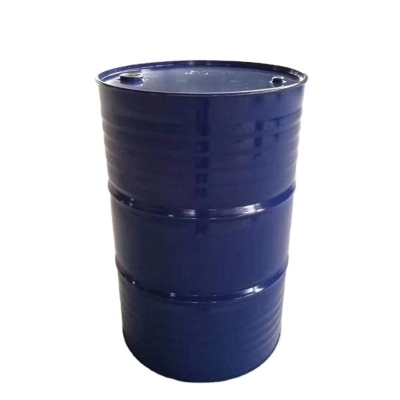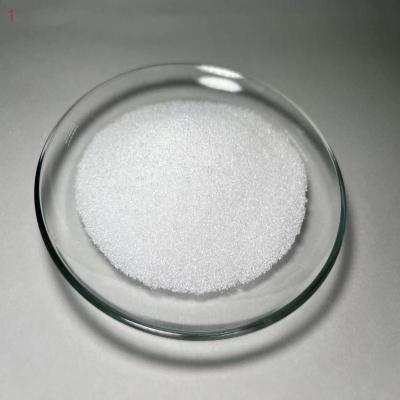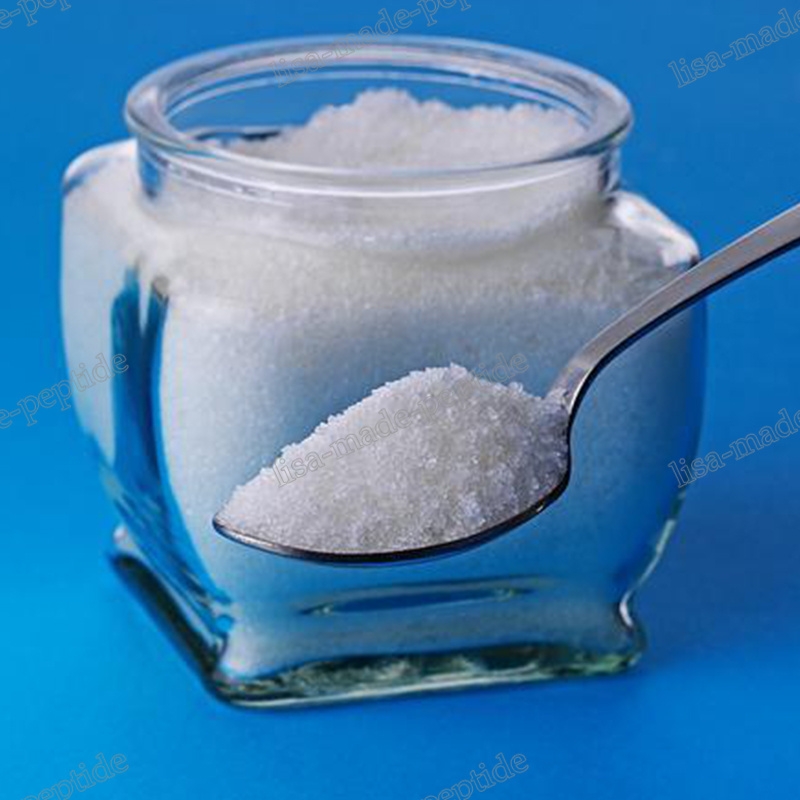-
Categories
-
Pharmaceutical Intermediates
-
Active Pharmaceutical Ingredients
-
Food Additives
- Industrial Coatings
- Agrochemicals
- Dyes and Pigments
- Surfactant
- Flavors and Fragrances
- Chemical Reagents
- Catalyst and Auxiliary
- Natural Products
- Inorganic Chemistry
-
Organic Chemistry
-
Biochemical Engineering
- Analytical Chemistry
-
Cosmetic Ingredient
- Water Treatment Chemical
-
Pharmaceutical Intermediates
Promotion
ECHEMI Mall
Wholesale
Weekly Price
Exhibition
News
-
Trade Service
In May 2022, the European Commission published a report mentioning that the agency is developing recommended limits for mineral oils of aromatic hydrocarbons (MOAH) in food
.
The limit is currently only a suggestion and has no mandatory legal effect.
It is up to each member state to decide whether to adopt the limit
.
At present, the European Commission stipulates the limit of mineral oil of aromatic hydrocarbons (MOAH) in food as follows:
· < 0.
5 mg/kg in dry foods with low fat content (≤4% fat/grease)
· < 1 mg/kg in foods with higher fat content (>4% fat/fat)
· < 2 mg/kg in fats and oils
Mineral oil hydrocarbons (MOH) contaminate food primarily through food packaging, food processing equipment and food additives
.
Among them, the packaging of paper and cardboard usually contains a large amount of such substances
.
Mineral oil substances have certain toxicity.
Among them, mineral oil of aromatic hydrocarbons (MOAH) is mutagenic and carcinogenic, and is the most toxic to human body
.
In 2021, Foodwatch, a non-profit civil society organization, released a survey report on the content of mineral oil in food products on the EU market, and found that the content of mineral oil aromatic hydrocarbons (MOAH) in 12% of the tested samples could reach up to 82 mg/kg.
(European civil society organizations detect mineral oil in food)
.
The group therefore called on the European Commission to adopt a zero-tolerance approach to mineral oils of aromatic hydrocarbons (MOAH)
.
Previously, restrictions on mineral oil at EU level were limited to infant formula (< 1mg/kg)
.
Some member states have adopted stricter restrictions.
For example, Switzerland has banned recycled paper and cardboard from being used in food contact, and has stipulated specific migration limits for some mineral oil substances in regulations; Restrict the use of recycled paper and paperboard for food contact, specifying that if such materials are used, the specific migration limit for Mineral Oil Aromatic Hydrocarbons (MOAH) must be ensured to be less than 0.
5 mg/kg
.







